The British Council has reaffirmed its commitment to advancing equitable and inclusive education through language-responsive teaching and learning approaches across Sub-Saharan Africa.
Speaking at a press conference in Abuja ahead of the Language in Education International Conference 2025, Julian Parry, Director of English Programmes for Sub-Saharan Africa at the British Council, said the initiative seeks to explore how language can act as a bridge to inclusion, identity, and opportunity for all learners.
The two-day conference, themed “Language, Education and Inclusion: Empowering Every Learner,” will bring together policymakers, educators, researchers, and development partners from across Africa, South Asia, and the United Kingdom to share insights on using language to drive equitable and quality education.
Parry described hosting the 2025 edition in Nigeria as particularly meaningful, given the country’s linguistic diversity and commitment to educational reform.
> “Language is not just a tool for communication, but a bridge to inclusion, identity, and opportunity. In many parts of the world, language remains a barrier. This conference is about sharing evidence, challenges, and successes so that we can learn from one another,” he stated.
He explained that the conference forms part of the British Council’s broader effort to ensure every learner — regardless of language background — has equal access to quality education and learning outcomes.
Supporting Governments Through Language and Education Initiatives
Parry highlighted several British Council partnerships across Africa aimed at strengthening teaching quality, foundational learning, and inclusive education.
In Rwanda, for instance, the Council collaborates with the Mastercard Foundation and the Rwanda Basic Education Board to enhance English proficiency among STEM teachers. Similarly, in Uganda, its Language for Resilience project with Windle International supports the integration of refugees into host communities through inclusive language-learning programmes.
Across Sub-Saharan Africa, more than one million teachers now access the British Council’s Teaching English platforms annually, benefiting from free learning resources, training, and global peer-exchange opportunities.
Nigeria’s Role in Driving Inclusion
Also speaking at the event, Chikodi Onyemerela, Director of Programmes at the British Council Nigeria, emphasized that inclusion remains central to the organisation’s work in Nigeria.
> “Our work on inclusion continues to shape our programming and long-term partnerships with government and education stakeholders,” he said.
According to Onyemerela, since 2015, the British Council’s Pan-Ethnic Classrooms Programme has trained teachers across seven states, equipping them to embed inclusive practices in their classrooms.
He added that the Council has also supported the Federal Ministry of Education in developing and revising the National Inclusive Education Policy, first introduced in 2018 and updated in 2024.
> “We were co-partners with the Ministry of Education in developing this policy. Last year, the Minister of State for Education inaugurated an implementation committee during our inclusive education conference to ensure that the policy translates into real action,” Onyemerela noted.
He explained that the Council’s annual Inclusive Education Conference, now in its eighth year, serves as a platform for promoting sustainable inclusion in Nigeria’s education system.
“We are focusing on language as a key inclusion issue because it directly impacts learners’ ability to participate and succeed. Over the years, our conferences have explored themes such as Special Education Needs and Disabilities (SEND) and strategies for translating policy into practice,” he added.
Through these ongoing initiatives, the British Council continues to position itself as a trusted partner to African governments in creating learning environments where every child, regardless of language or background, can thrive.


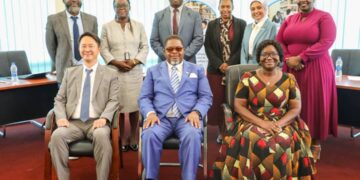


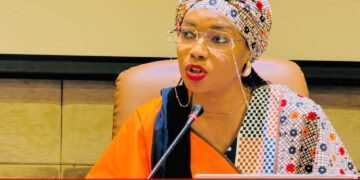

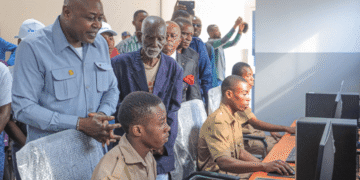

















































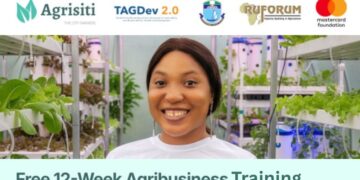
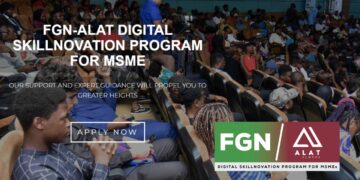
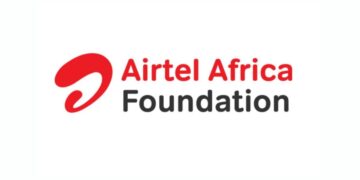



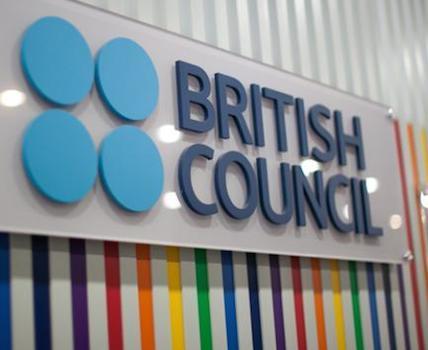




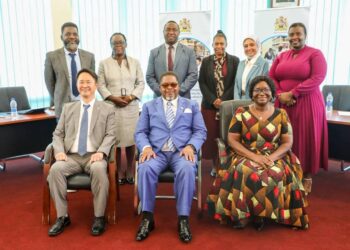
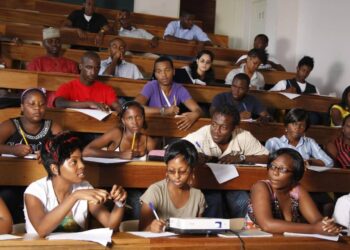

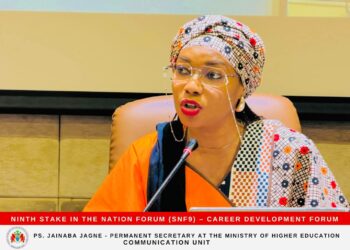
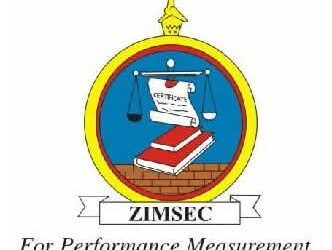
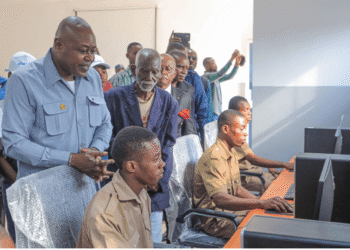










 EduTimes Africa, a product of Education Times Africa, is a magazine publication that aims to lend its support to close the yawning gap in Africa's educational development.
EduTimes Africa, a product of Education Times Africa, is a magazine publication that aims to lend its support to close the yawning gap in Africa's educational development.

